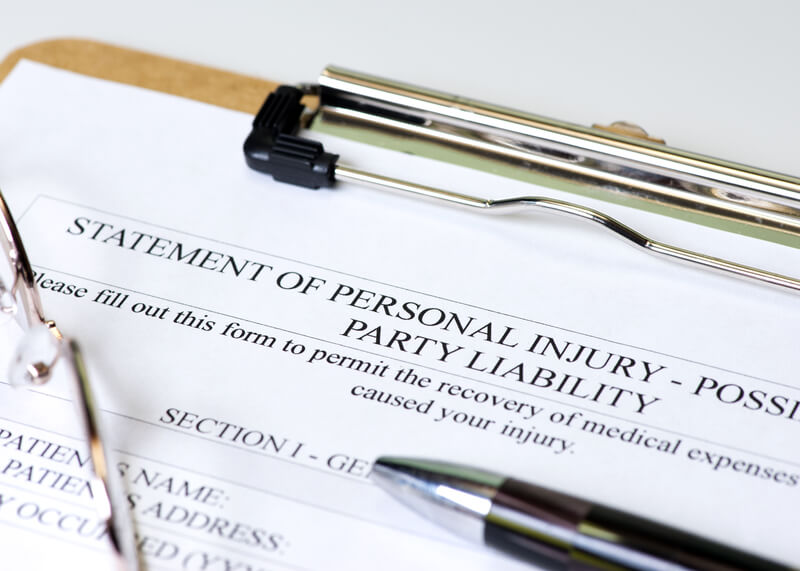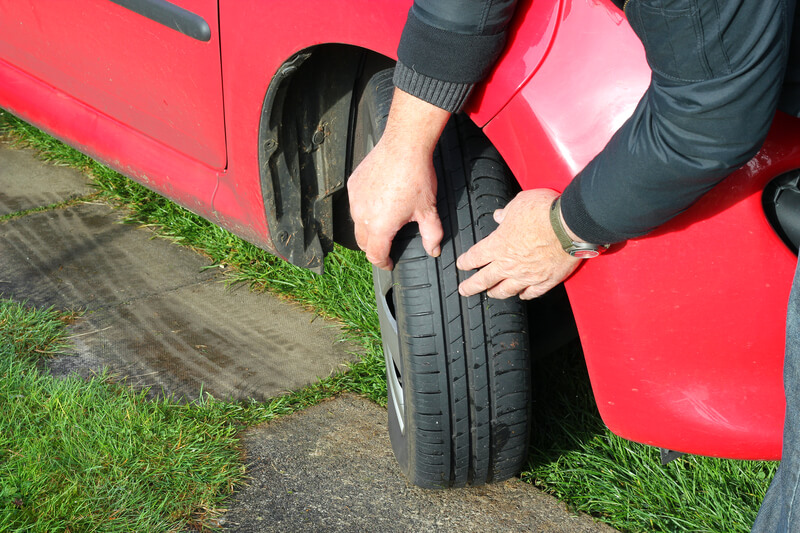For most folks, a car crash is a time of peak stress—a major life event, though not the kind we wish for. It makes sense that an accident would then earn a mention or two on our social media accounts. Unfortunately, anything you share after a crash—even something seemingly unrelated—can jeopardize your personal injury case. Here’s why:
Crash details may contradict your official account
If you’re the type to speak your mind on social media, it might feel hard to keep something so upsetting as a crash to yourself. But if your description of the accident doesn’t line up with how you describe it elsewhere, the other driver’s insurance company may try to seize on these inconsistencies. Blaming the other driver or accepting some fault can also cause damage to your case. In an absolute worst-case scenario, your comments could cause your case to be thrown out entirely.
Even “vaguebooking,” or posting something sad and personal about the crash without specifically referencing it, can lead to trouble. Well-meaning friends may spill the beans in your comments.
Instead, keep your thoughts, descriptions and photographs of the scene private and share them with your attorney. Write down your account of the accident on paper or in a document while the memories are still fresh. And remember, it’s OK to talk about what happened—just not online. You can begin working through the experience with family or friends, of course asking them to respect your privacy, or enlist the help of a professional.
Moving on too fast can sidetrack your case
Even if you successfully made it past the accident without sharing on social media, you’re not in the clear yet. Let’s say you’ve had a soft tissue injury and have been undergoing physical therapy. A few weeks after the crash, and while still in pain, you take a dip in the pool with your family, hoping to enjoy some outside time and gentle movement. You share the pictures on your social media accounts with an upbeat caption. The other driver’s insurance company may seize this innocent swim as proof that you weren’t really badly injured in the first place.
Remember that anything you post can ultimately be used against you. This is especially true if you’re sharing high-action activities that don’t match up with your account of your injuries. But even your location data can place your case in danger. Far-flung Facebook check-ins or Instagram location tags might suggest a busier lifestyle than you intend to suggest during your recovery.
Sharing case details can sabotage your strategy
Once your case is in progress, your personal injury attorney will work to keep you updated and in-the-loop about strategy, possible settlements and next steps. While it may feel promising to have resolution in sight, hold off on sharing details. Doing so now may disrupt your case.
If you’ve been posting details about your accident all along, talk to your attorney before scrubbing your page. No matter what, it’s likely smart to up your privacy protections.
The bottom line? Limit your social media posts from the time you’re involved in an accident until your case is resolved. If you do continue to share, try to keep things non-personal and carefully consider that what you say could be used against you.
Atlanta Personal Injury Lawyers
If you’ve been injured in an accident, you deserve fair compensation. An Atlanta car accident attorney can help you get the compensation you deserve. Contact the personal injury attorneys at Litner + Deganian for a free consultation.












